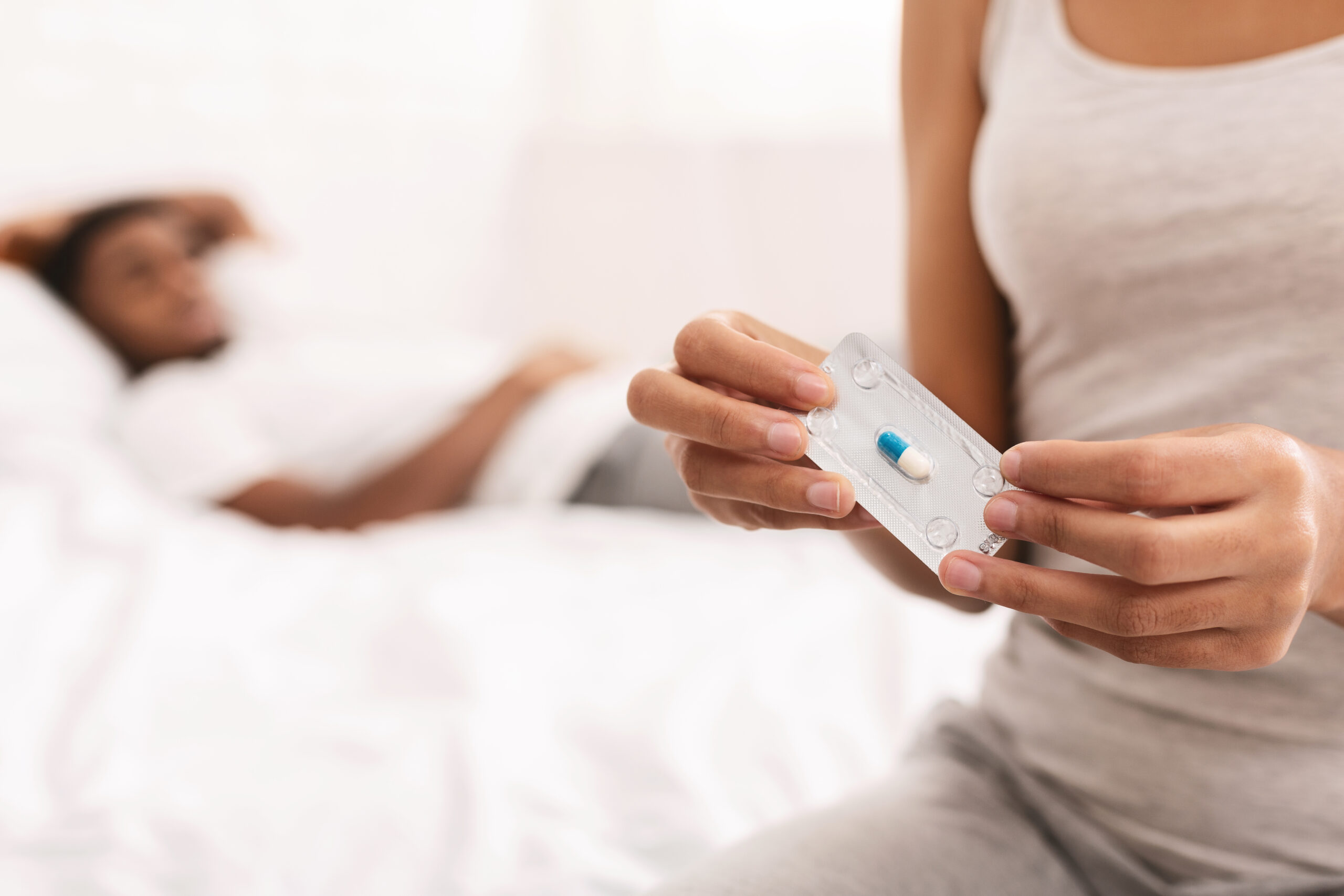Emergency contraception (EC), also known as the “morning-after pill“. This is a method of contraception used to prevent pregnancy after unprotected sexual intercourse or contraceptive failure. It is a backup option when regular contraception is not used, or there is a failure in the method used. The failure such as a broken condom or missed birth control pills. It is most effective when taken as soon as possible after unprotected intercourse. But it can be effective within a specific time window after intercourse.
There are two main types of emergency contraception:
Emergency Contraceptive Pills (ECPs):

These are oral medications available over-the-counter at most pharmacies.
They contain a higher dose of synthetic progestin or a combination of progestin and estrogen hormones.
ECPs work by preventing or delaying ovulation, inhibiting fertilization, or interfering with implantation.
Some common brands include Plan B One-Step, Take Action, and Next Choice.
Copper Intrauterine Device (Copper IUD) for Emergency Contraception:
A copper IUD can also be used in an emergency.
It can be inserted by a healthcare provider within a specific time frame (usually up to 5 days) after unprotected intercourse.
The copper IUD works by creating an environment toxic to sperm and preventing fertilization.
Effectiveness and Time Frame:
ECPs are most effective when taken as soon as possible after unprotected intercourse, ideally within 72 hours (3 days), although some formulations remain effective for up to 120 hours (5 days).
The copper IUD for emergency contraception can be inserted within 5 days of unprotected intercourse and provides ongoing contraception after insertion.
Important Considerations:
Emergency contraception does not protect against sexually transmitted infections (STIs).
It should not be used as a regular form of contraception but rather as a backup option.
It may cause temporary changes in menstrual cycles and hormonal symptoms.
The effectiveness of emergency contraception decreases as time passes after unprotected intercourse, so prompt use is recommended.
If you are considering using emergency contraception, it’s important to take action as soon as possible after unprotected intercourse to maximize its effectiveness. If you have questions or concerns about that contraception, consult a healthcare provider or visit a pharmacy to discuss the available options.


